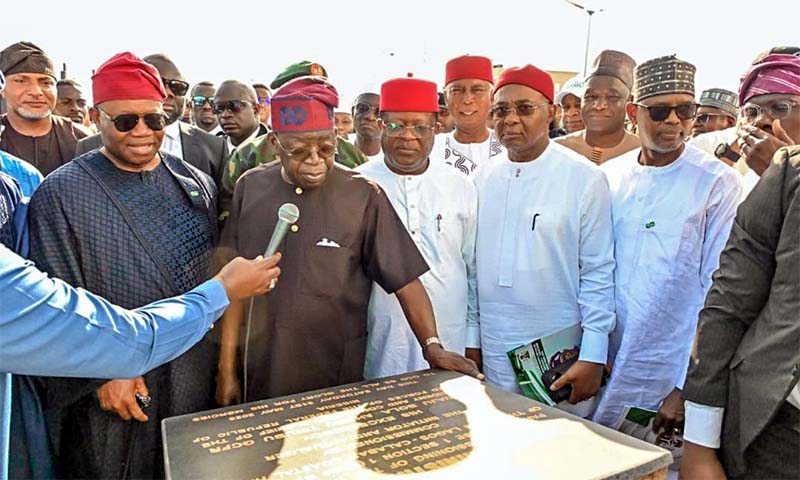“Nigeria’s Diaspora remittance potential is staggering, In 2023, remittances totaled over $20 billion—more than oil revenue in some quarters.”
In a bold and long-overdue move, Nigeria’s Central Bank (CBN) has launched a digital platform enabling Nigerians abroad to register for their Bank Verification Number (BVN) remotely. The goal? To capture at least $1 billion in monthly remittances through formal channels. It’s a strategic pivot that, if executed well, could redefine how Africa’s most populous country engages with its vast and economically powerful Diaspora.
Nigeria’s Diaspora remittance potential is staggering. In 2023, remittances totaled over $20 billion—more than oil revenue in some quarters. But a significant portion of these funds flowed through informal and often untraceable means, bypassing the formal financial system and depriving the nation of vital foreign exchange and policy leverage.
The CBN’s new platform aims to change that by removing one of the most frustrating barriers facing diaspora Nigerians: the inability to obtain a BVN without traveling back home or navigating a maze of physical enrollment centers. With a secure digital solution, the bank is finally aligning itself with the realities of a mobile, global citizenry.
But the success of this initiative will depend on more than just good intentions and clever technology. Here are three reasons why it’s both promising and precarious:
1. Accessibility and Awareness Are Everything
Rolling out a digital platform is only half the battle. Ensuring that millions of Nigerians across the U.S., U.K., Canada, and Europe know it exists—and understand how to use it—is a monumental task. Without a robust global public awareness campaign backed by Nigerian embassies, diaspora organizations, and financial institutions, this platform could remain underutilized.
2. Trust Must Be Earned
Trust in Nigerian institutions remains fragile, especially among diaspora citizens who have experienced corruption, delays, or inefficiencies in the past. Data security, customer service responsiveness, and transparency in how BVN data is used will be key to building confidence. If users perceive this as another surveillance tool or a bureaucratic black hole, they’ll stay away—and continue to send money informally.
3. Policy Consistency Will Make or Break It
This platform must be part of a consistent, long-term policy vision—not a stopgap. Nigeria’s monetary policies have often shifted abruptly, undermining investor and public confidence. The CBN should commit to stable remittance incentives (such as the “Naira 4 Dollar” initiative), seamless integration with banks abroad, and open feedback channels with diaspora communities.
The upside, however, is undeniable. Capturing an additional $12 billion annually in remittances could significantly stabilize Nigeria’s volatile foreign exchange market, support the naira, and reduce reliance on crude oil exports. It could also pave the way for more sophisticated diaspora investment products—from digital savings bonds to real estate funds.
This is more than a fintech upgrade. It’s a litmus test of Nigeria’s ability to modernize its financial ecosystem and treat its Diaspora not just as senders of money, but as citizens whose economic power and political voice matter.
The CBN has opened a door. Whether Nigeria walks through it—or stumbles—is a story that will unfold in the months ahead.
About the Author: Noel chiagorom is writer, policy analyst and financial writer on global markets and Diaspora engagement and others”.






